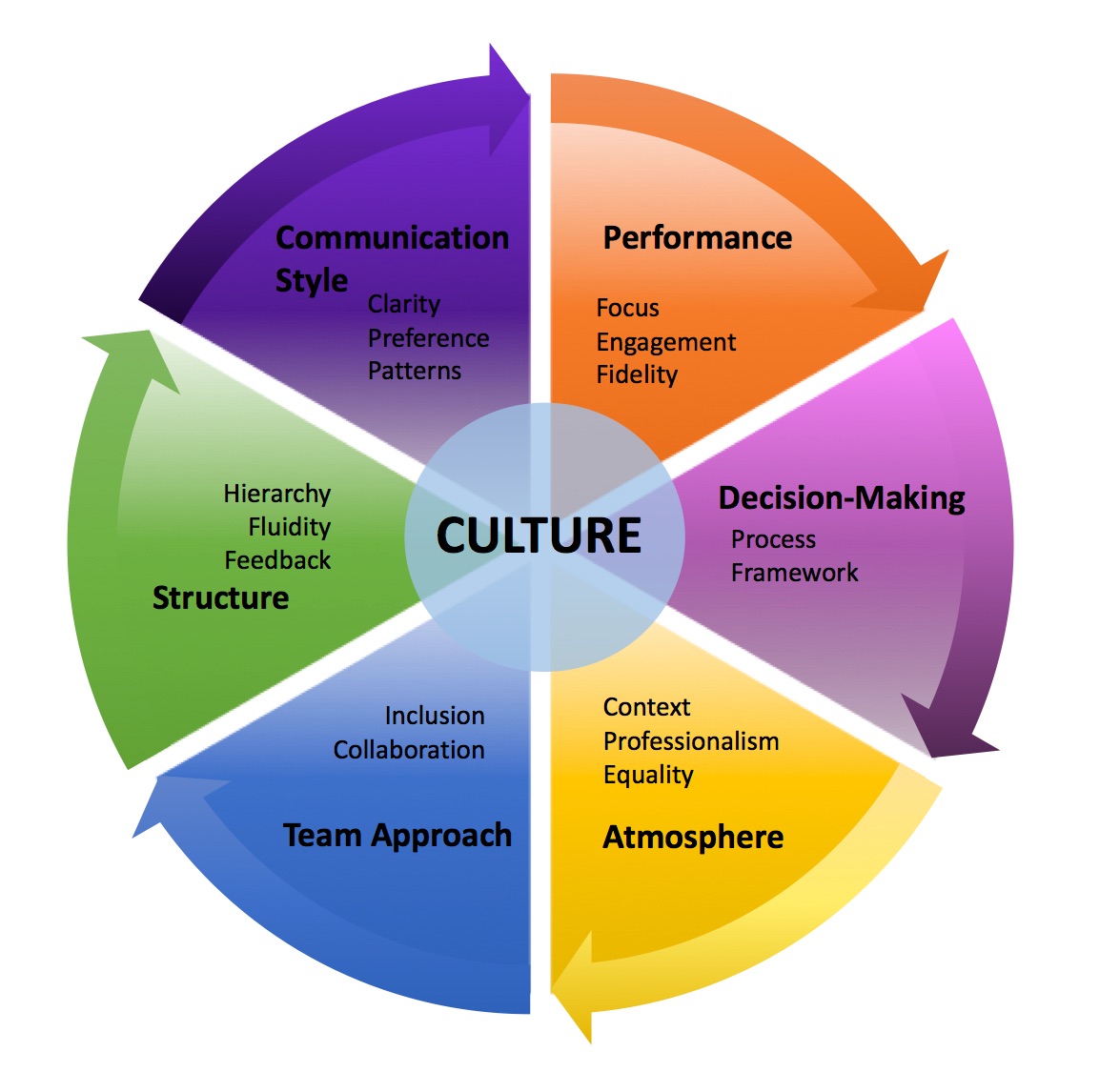
When I ask a company owner what they believe their company culture is, they rarely know. Understanding your company’s culture helps you hire the right employees, especially when expanding your team. It sometimes takes executive coaching and business coaching to help management assess and understand the importance of company culture.
What is Company Culture?
In its most basic terms, culture reflects the collective personality of the employees.
- That includes how they think, act, and react.
- It also includes the norms that guide the behaviors in the company.
- Culture represents the collective preferences, habits, and characteristics of the employees.
It can be defined as the values, beliefs, and traditions of the company. As a result, the culture of your organization is the driver of decisions, actions, and overall performance.
How Does Management and Staff Know the Culture?
Often, the culture of a company is often communicated in a mission or vision statement. At other times, it is an underlying tone that influences employees at all levels and envelops new employees in an unspoken way. The underlying tones can be positive and/or negative.
- Positive behaviors related to engagement and commitment will create success.
- Counterproductive behaviors such as conflict avoidance, limited risk-taking, and misaligned motives will create frustration and diminished outcomes.
The challenge is identifying what the culture actually is and business coaching helps with that.
Six Categories to Assess Your Company Culture
Although there are just six main categories, each contains several subcategories, or dimensions, to form the company cultural profile. These are the main categories:
- Performance
- Decision-Making
- Atmosphere
- Team Approach
- Structure
- Communication Style
In order to determine where your company lies within each category and dimension, you need to ask your team these 16 questions:
- Is employee performance focused on single-minded projects or the ability to multi-task?
- Are employees engaged in their work or detached?
- Do employees operate with a high level of integrity and fidelity or inconsistency?
- Are decisions made with logical facts or intuitive judgments?
- Are decisions made with a linear or lateral framework?
- Is the atmosphere informal or formal?
- Is professionalism achieved in a casual or credible manner?
- Culturally, is equality demonstrated through respectfulness or judgments?
- Do team members function in isolation or through a sense of belonging?
- How is collaboration achieved? Through autonomy or consensus?
- How is the hierarchical structure based? On position or influence?
- Is the fluidity of the structure flexible or rigid?
- Is feedback intermittent or through formal evaluations?
- Are communication patterns clear or confusing?
- Is the preference for communication through face-to-face interactions or online?
- Are patterns of communications and conflict indirect or direct?
In order to remain impartial, your business coach can provide this assessment.
When viewing the results, remember that each dimension forms a continuum with two distinct attributes on each end. The further the arrow is to one end or the other, the more that attribute is a characteristic of the entire organization. The closer the arrow is to the middle, the more both attributes are indicative of the organization. However, a deeper look may reveal differences across departments and/or levels.
What Does it All Mean?
Once you’ve answered each question, you will gain insight and clarity into how your company operates. This clarity will provide awareness of existing norms, values, and beliefs that are in play and bring them to the surface. You’ll be able to hire the right new staff who will better mesh with existing teams.
Business coaching often helps companies determine their culture and define a mission and vision statement. Together, this leads to a more focused company culture, happier staff, and clearer goals. If you wonder if you can benefit from business coaching, click here to set up your initial consultation with us.



